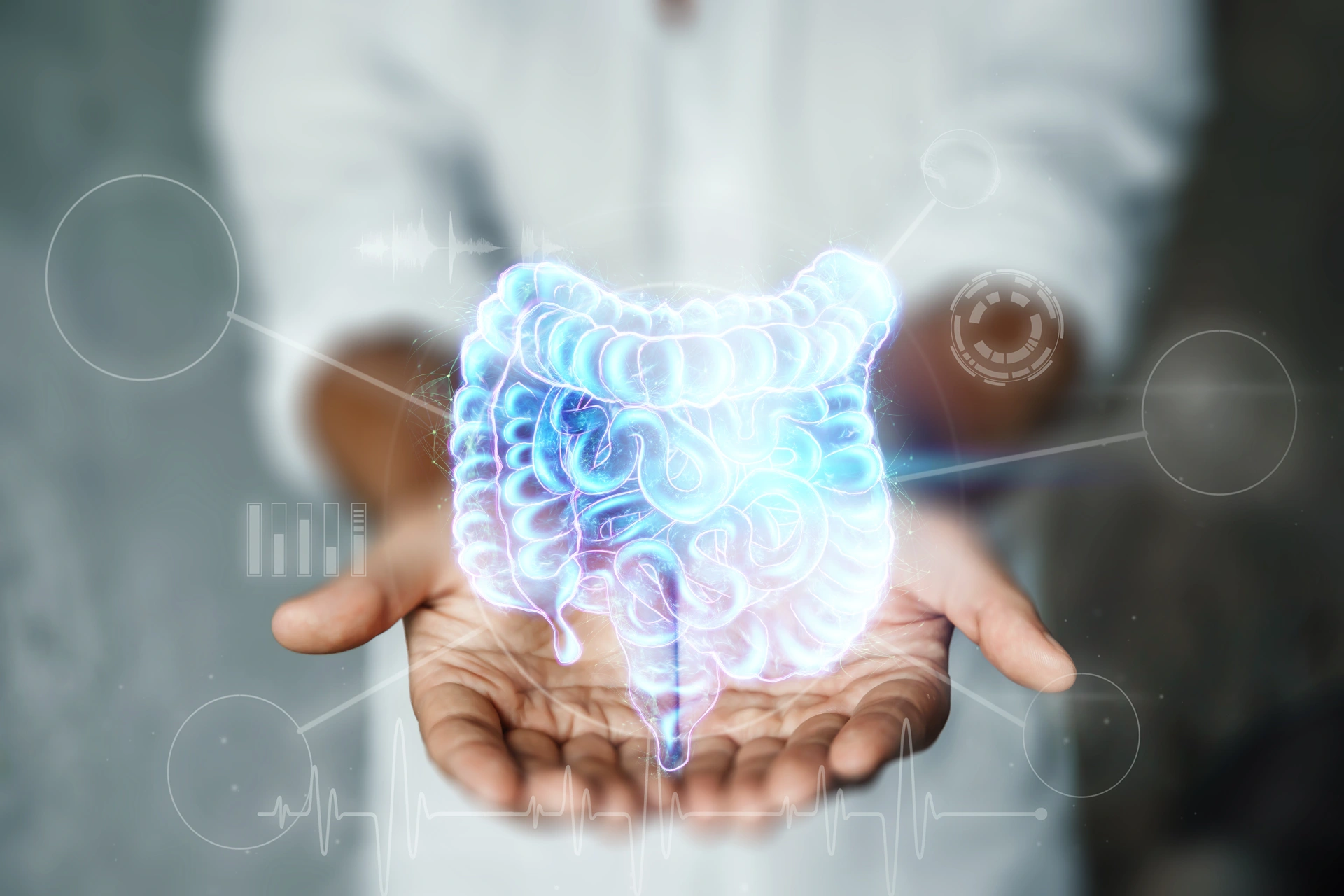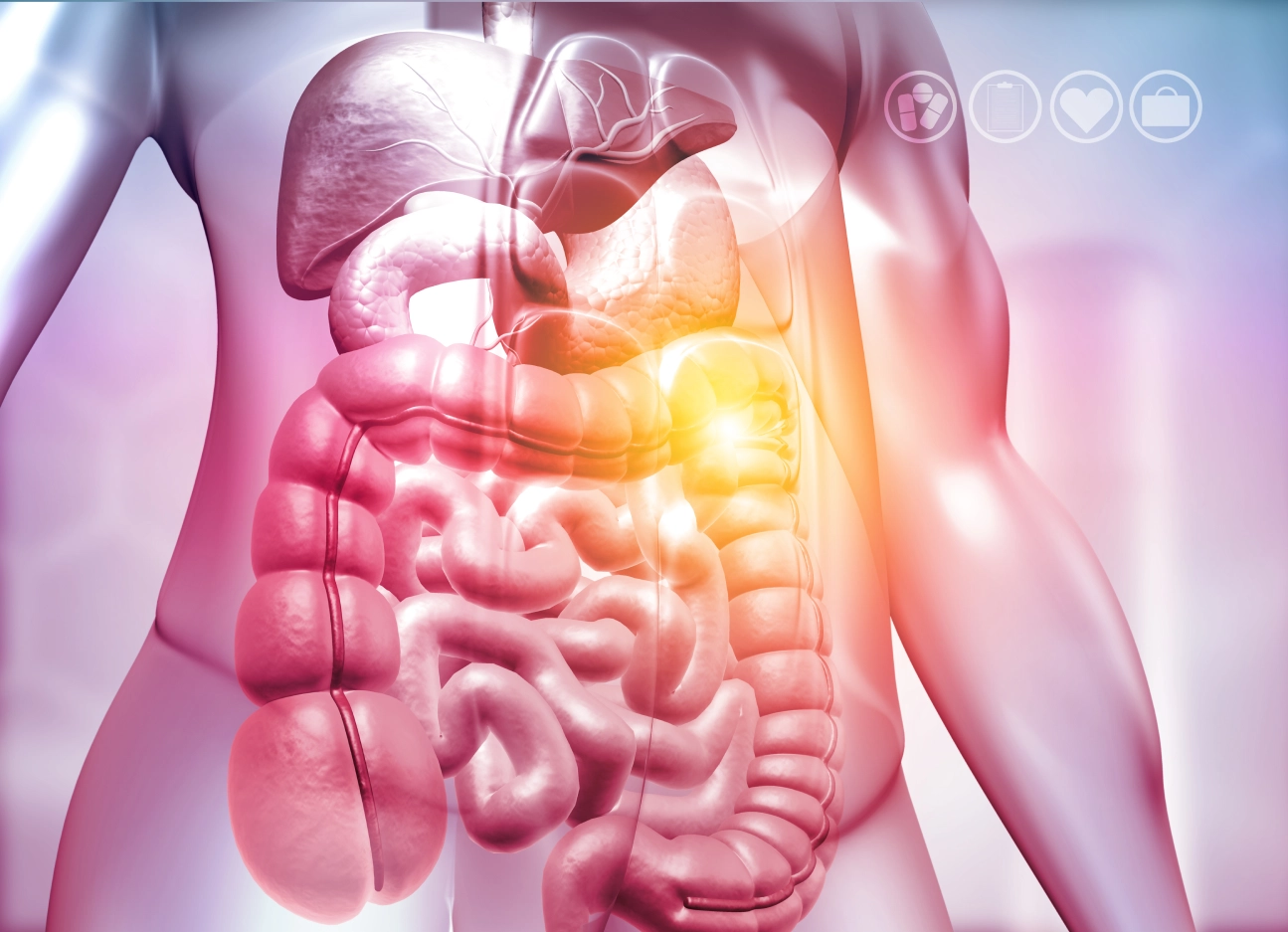In the Digestive practice, specialists also deal with a variety of liver and biliary disorders (hepatology). Some of the most prevalent pathologies found in this type of consultation include:
- Hepatitis: Inflammation of the liver that can be caused by viruses (viral hepatitis), excessive alcohol consumption (alcoholic hepatitis), autoimmune diseases (autoimmune hepatitis), or other causes.
- Non-alcoholic fatty liver disease (NASH): Fat buildup in the liver that is not caused by excessive alcohol consumption. NASH is closely related to obesity, insulin resistance and type 2 diabetes.
-
Liver cirrhosis: Chronic liver disease characterized by the formation of scar tissue (fibrosis) that can be caused by various chronic liver conditions, such as chronic viral hepatitis, chronic alcoholism, NASH, or other diseases.
- Drug hepatotoxicity: Liver damage caused by the use of certain medications, herbs, or supplements that can be toxic to the liver.
- Gallstones: Stone formation in the gallbladder or bile ducts that can cause abdominal pain, nausea, vomiting, and other symptoms.
- Chronic viral hepatitis: Chronic liver infection caused by hepatitis B virus (HBV) or hepatitis C virus (HCV), which can lead to liver cirrhosis and liver cancer if not treated properly.
- Autoimmune liver disease: An autoimmune disorder in which the immune system mistakenly attacks liver cells, which can cause inflammation, fibrosis, and liver damage.
- Liver cancer: Malignant tumors originating in the liver, with hepatocellular carcinoma (HCC) being the most common type, usually associated with previous liver cirrhosis or other chronic liver diseases.




